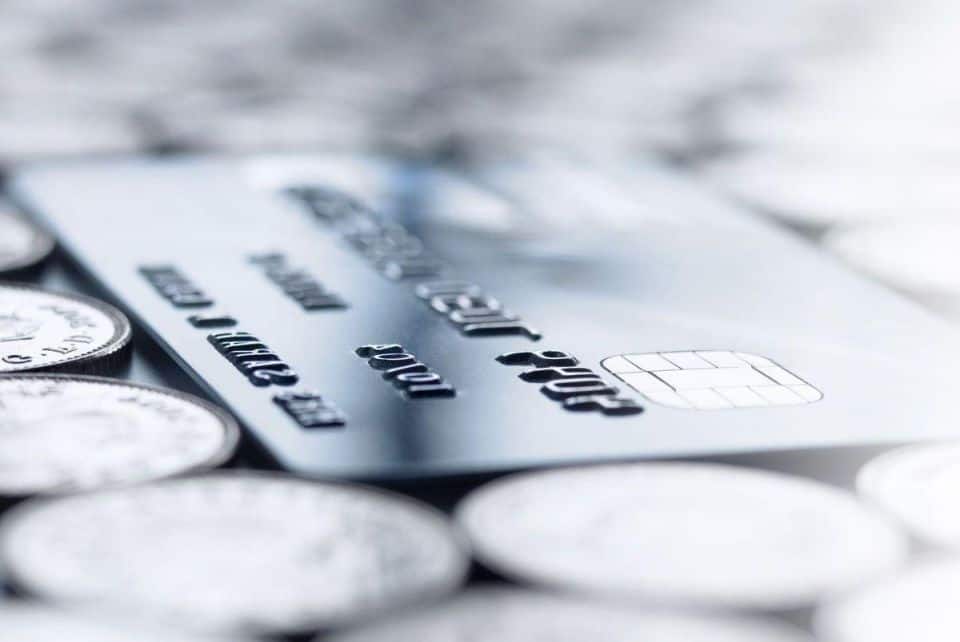Digital currencies are gradually becoming a viable payment option across jurisdictions and markets. In a world dominated by traditional payment systems, a crypto debit card is a tool that can expand digital coins’ usability significantly. More platforms are providing Bitcoin enthusiasts with FinTech products.
BitPay users across US states can enjoy a convenient way to spend their cryptocurrencies in-store and online. Its prepaid Visa card is linked to a crypto wallet that supports quick conversion from BCH and BTC to USD and local fiat currencies outside the nation.
BitPay’s crypto card is exclusive to US residents. A valid government-issued ID, home address, and social security number are required to apply. There is a $9.95 fee that covers issuing cost and a $5 dormancy fee per month following a 90-day inactivity period. A 3% conversion fee is applied every time the card is utilized outside the US. ATM withdrawals cost $2 in the US and $3 overseas.
Another card available in the US is Shift, which lets users connect to their Coinbase and Coinbase pro accounts. The card itself is $20 and has no maintenance fee. It charges a 3% commission on international transactions. ATM withdrawals cost $2.50 in the US and $3.50 abroad. Shift only supports BTC and provides fee-free BTC to USD conversion.
Wirex is the top choice for several Europeans. The UK-headquartered startup issues both physical and digital Visa debit cards. The plastic version comes with a PIN and chip. They are presently available to citizens of the European Economic Area (EEA), where Iban support has been introduced for EUR accounts. The company intends to offer its services to Asian and North American markets too.
Users can load the card with BTC, ETH, XRP, LTC, and waves. Cardholders can also spend USD, British pounds, and euros. A $1.50 card management fee is paid by Wirex users every month. ATM withdrawals cost $2.50 in Europe and $3.50 elsewhere. A 0.5% crypto cashback in BTC is given as a reward for in-store purchases.
British firm Revolut also offers up to 1% cashback in crypto for payments made using its Revolut Metal card. For less than $16 per month, the premium service allows clients to pay in over 150 fiat currencies and access five major coins—BCH, BTC, XRP, LTC, and ETH. The contactless card comes with fee-free ATM withdrawals up to €600 monthly and can be used anywhere Mastercard is accepted.
Cryptopay also offers a card in both digital and physical form. The latter includes a chip and costs $15. Presently, the contactless card is available only in Russia, where it has a monthly service fee of 65 Russian rubles and a 1% loading fee. The firm is planning to launch its card to Singapore. It supports ETH, XRP, LTC, and BTC. A $2.50 fee is applied to teller machine withdrawals and a 3% commission is charged per exchange transaction.
In recent months, several FinTech startups and payment providers have launched new crypto debit cards. These platforms attempt to attract the attention of cryptocurrency users worldwide and establish themselves as alternatives to well-established products.
Crypto payment card project FuzeX selected BCH as its base digital currency. It also supports its FXT token and ETH. FuzeX cards are presently offered to residents of the APAC region and Europe. The physical card comes with an EMV chip, a barcode display, and is NFC payment enabled.
In October, Hong Kong-based Crypto.com announced that it is starting to ship its MCO Visa cards to Singaporean clients. The prepaid cards are tied to a mobile wallet, which enables holders to purchase, sell, send, store, and track digital coins such as its MCO tokens, Binance’s BNB token, ETH, BTC, and major fiat currencies.
Aximetria issues a debit card linked to a crypto wallet that became available to Russian customers last year. The Switzerland-headquartered startup said in November that its platform supports ETH and BTC which can be utilized for offline and online payments through instant conversion to fiat. The firm is collaborating with Cex.io. The card may be ordered from its iOS application.


![Best Crypto Exchanges in Philippines (Updated in [currentmonth] [currentyear]) 2 Best Crypto Exchanges In Philippines Featured Image](https://coinwire.com/wp-content/uploads/2024/04/best-crypto-exchanges-in-philippines-featured-image-1024x683.jpg)
![Top 10 Best Crypto Signals Telegram Channels & Groups in [currentyear] 3 Best Crypto Signals Telegram Channels](https://coinwire.com/wp-content/uploads/2023/07/best-crypto-signals-telegram-channels-1024x683.jpg)
![Bitget Referral Code [currentyear]: Claim 1000 USDT Sign Up Bonus 4 Bitget Referral Code](https://coinwire.com/wp-content/uploads/2024/03/bitget-referral-code-1024x683.jpg)
![Best Kucoin Referral Code ([currentmonth] [currentyear]): $700 USDT Signup Bonus 5 Kucoin Referral Code](https://coinwire.com/wp-content/uploads/2024/02/kucoin-referral-code-1024x683.jpg)
![OKX Referral Code [currentmonth] [currentyear]: 10K Mystery Box & BTC Bonus 6 Okx Referral Code](https://coinwire.com/wp-content/uploads/2023/08/okx-referral-code-claim-10k-mystery-box-and-btc-bonus-1024x683.jpg)